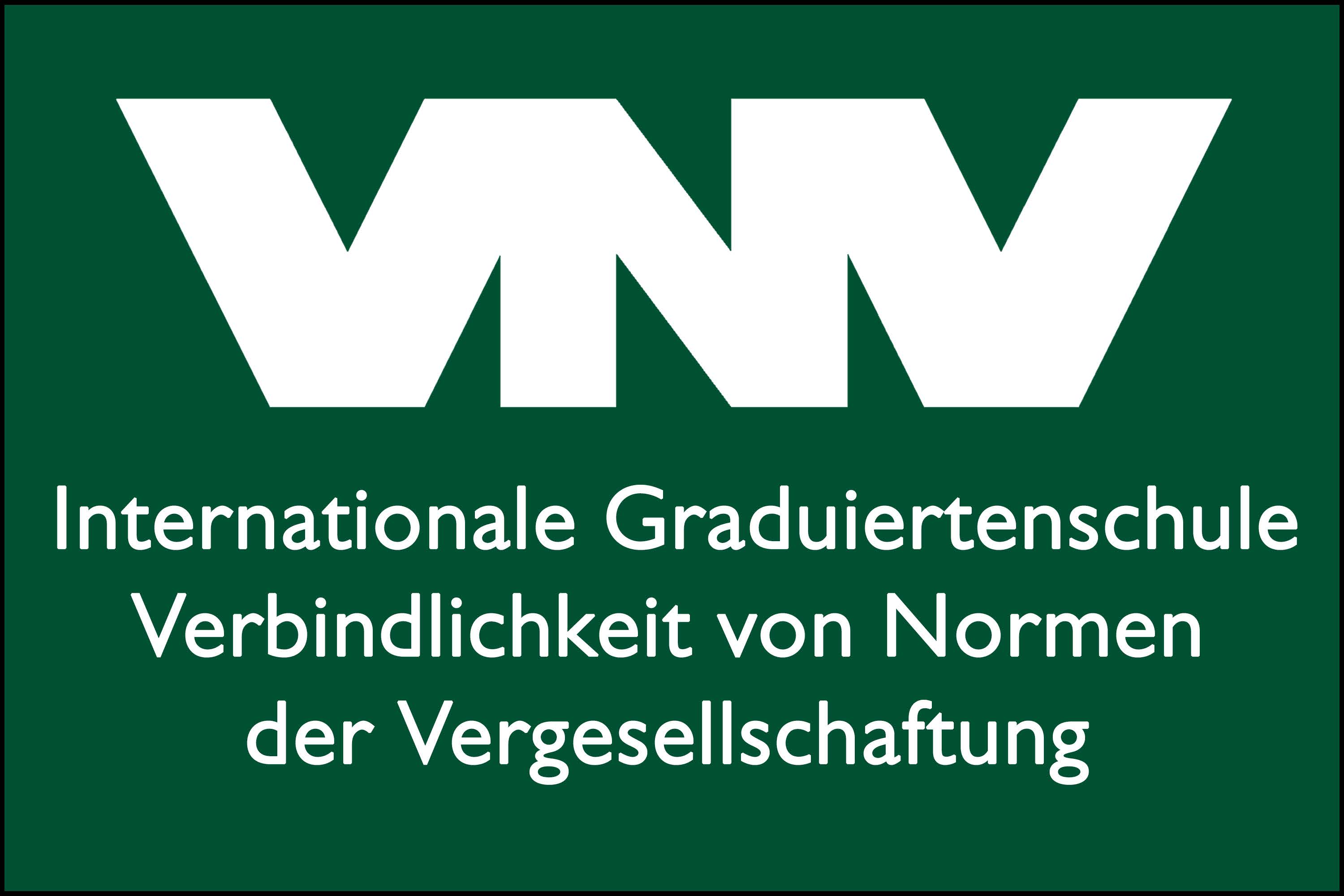International Graduate School Obligation of Societal Norms
The research of the international graduate school focuses on a central inter- and transdisciplinary question: How are political, ethical, legal, religious, cultural, or aesthetic norms and values made binding or acknowledged as binding for individuals within a society? Connected with this central question, we also ask: What sources of authority are concerned with justifying the recognition of these norms and values, or with motivating members of society to adhere to them? Are the rules, principles, and laws explicitly formulated or are they simply implicitly assumed? What are the relationships and tensions between transcendental sources of legitimacy and authority on the one hand and worldly contexts of justification on the other? What societal ideals do these norms and values express? Are they responding to specific cultural, social, philosophical, and religious conflicts, crises, or upheavals? Can societal processes and revolutions be triggered, in their turn, by discourses about norms and obligations?
These questions are of immediate relevance for the world today and provide new insights into the preconditions for the existence of modern pluralistic societies and their understanding of themselves as such. But both conflict and accommodation regarding the bindingness of norms and values are fundamental challenges in any process of societization. The topic is thus also relevant for historical and ethnological comparisons. Consequently, the international graduate school will look at the question of how norms are negotiated and made binding across both different cultures and time periods.





